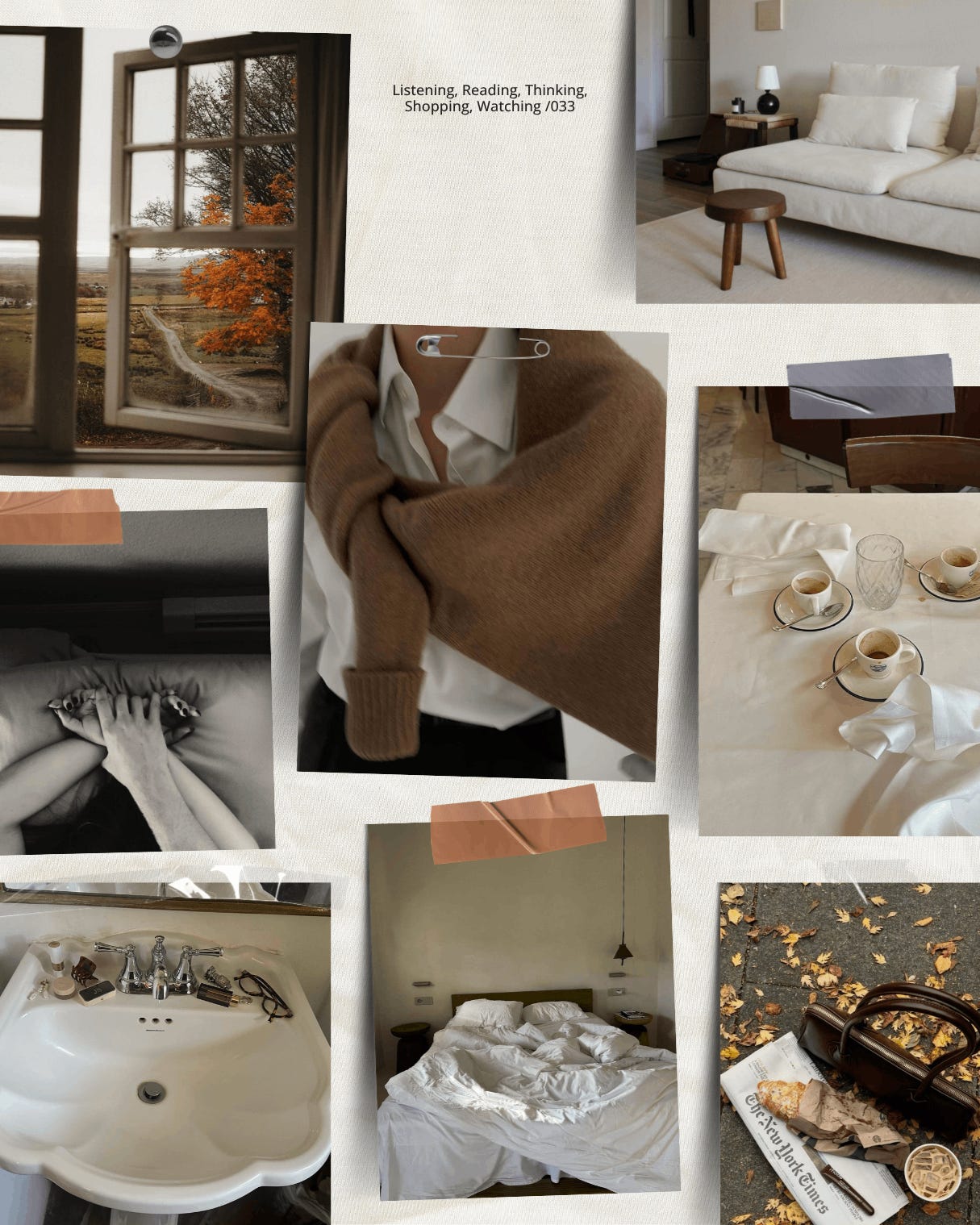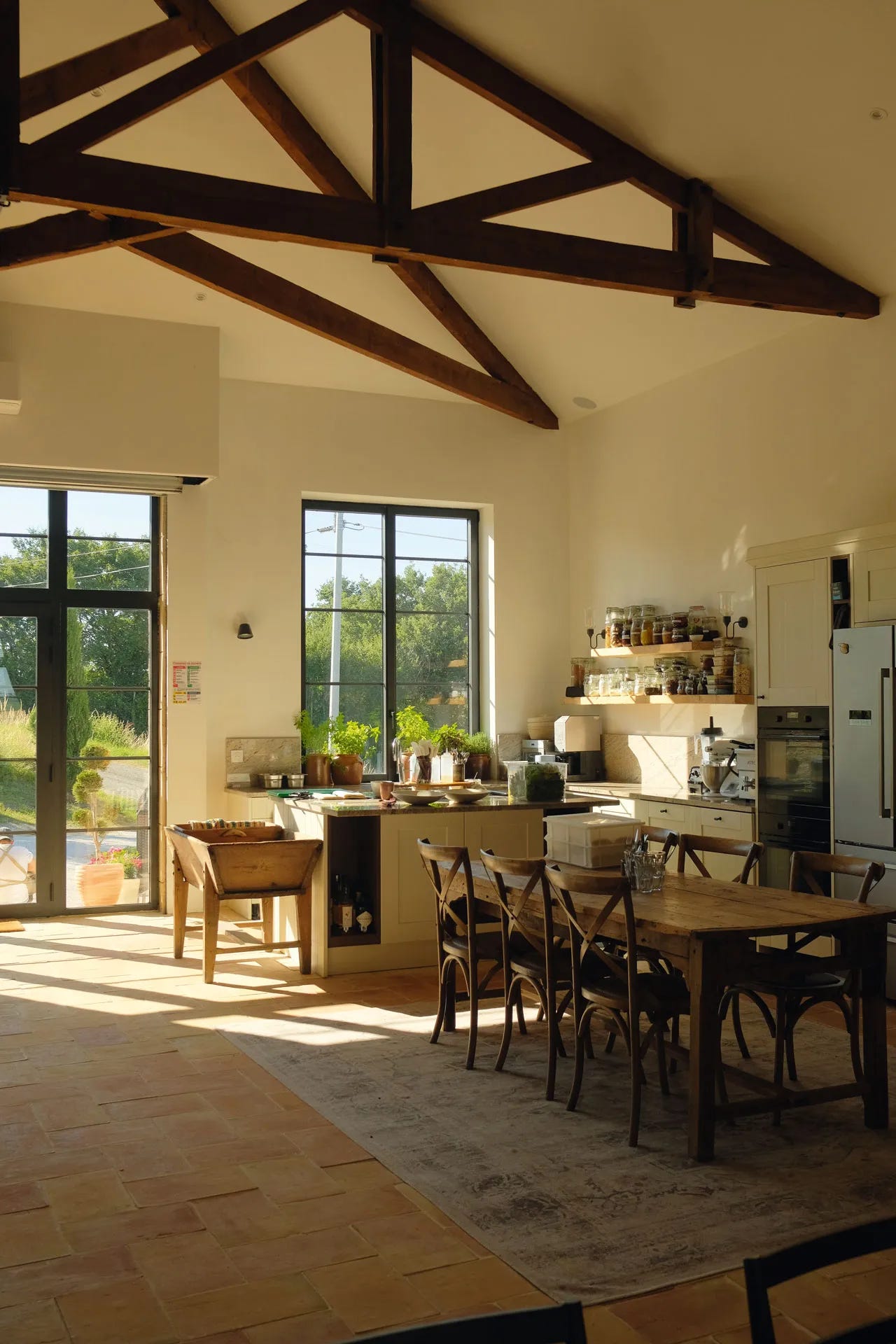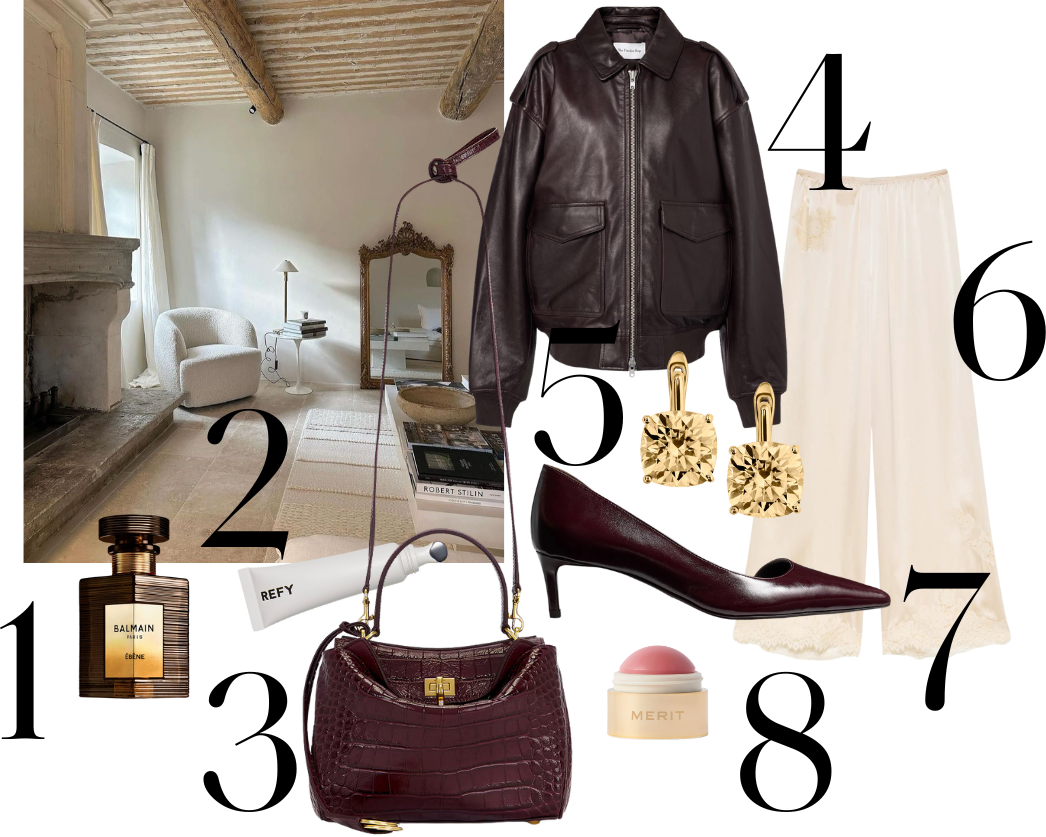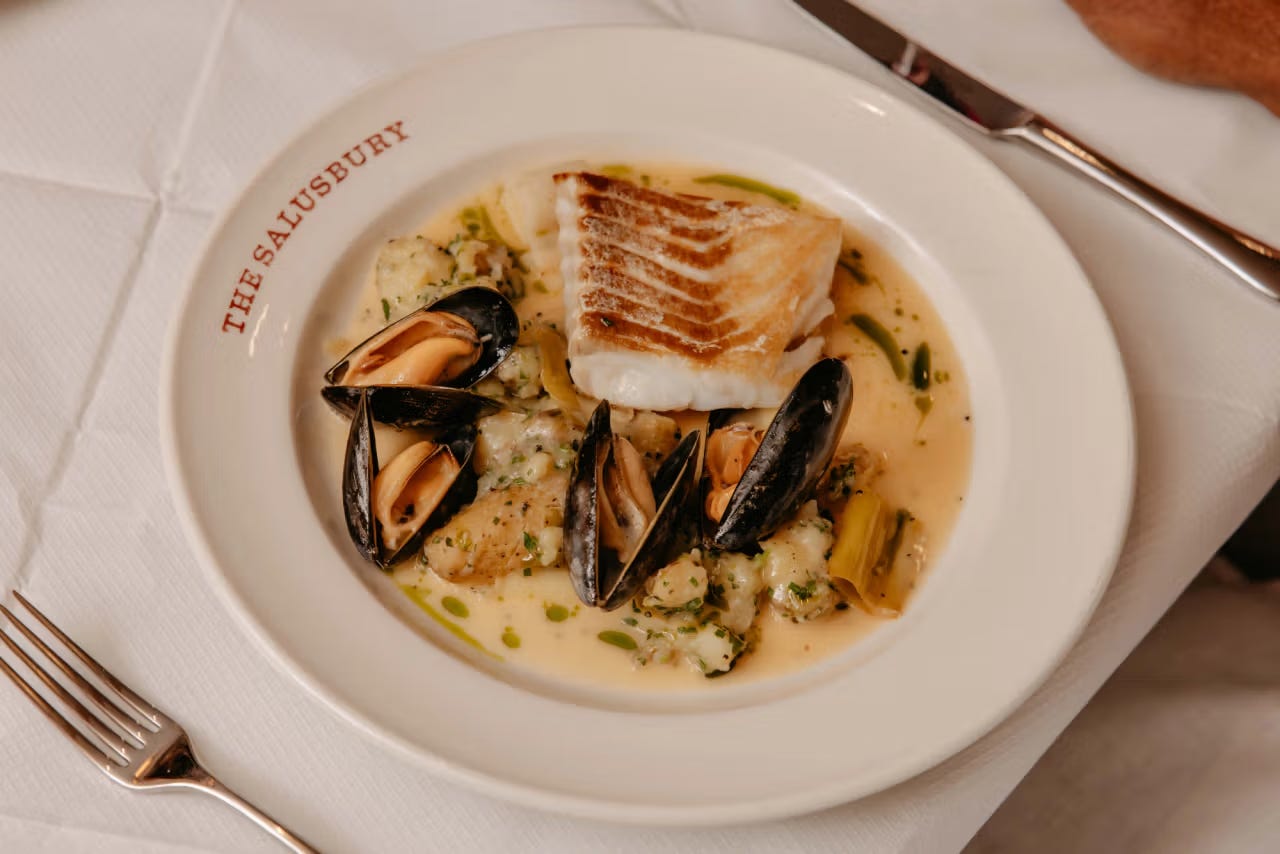The Art of Losing What We Save and Finding Meaning in the Mess
Also: Listening, Reading, Thinking, Shopping, Watching /033
This letter may be too long to view in email. Please click “view entire message” if prompted, or read it on Substack for the best viewing experience.
I have been thinking about writing, which is another way of saying I have been thinking about not writing. I have done this thing for years, have written in corners, in fits, in files left unnamed. But now, dedicating a space to it has made it feel impossible, a performance I no longer know how to give. There was the metamodernism essay. There was the piece on Elsa Peretti that I still think about more than I expected to. When I ask what I actually want to write about, the answer is nothing, or everything, which amounts to the same thing.
One piece of advice I came across suggested revisiting your saved folders – the things you’ve bookmarked, collected, and stashed away – as a way back to yourself. This sounded reasonable, even promising, until I actually opened mine. Dear reader, my saved folders are an absolute mess. They are a graveyard. The system collapsed years ago. They span three hard drives, two cloud services, and several barely-functioning apps. There are entire folders dedicated to ChatGPT prompts, most of them about working more efficiently. There are recipes I’ve never cooked and never will. There are quotes, some profound, some copied at 1.00 a.m. for reasons I can no longer remember.
And then, this article about the fantasy of the saved folder, and I thought: oh, so this is common then, this particular failure, this way of saving without keeping, of organising toward some imagined future self who never arrives. The article led to another: “I Deleted My Second Brain”. The author erased 10,000 notes. Seven years of ideas. Every thought she tried to save. I am too petrified to do this. Yet. But this thought stayed with me: “In design, folks talk about subtraction as refinement. A sculptor chips away everything that is not the figure. A musician cuts a line that clutters the melody. But in knowledge work, we hoard. We treat accumulation as a virtue. But what if deletion is the truer discipline?” What if, indeed.
This edition of Listening, Reading, Thinking, Shopping, Watching includes a reckoning with our digital lives and the fragments we keep – a deep exploration into the paradox of saving and losing ourselves in the clutter of ideas, memories, and aspirations. We explore how a new home becomes a shared canvas for evolving tastes, discover a healing farm retreat in southwest France, and linger at a London pub that steadily carries the weight of community through change. There’s a sharp look at the shifting cultural landscape – from AI’s fragility and higher education’s reckoning to fashion’s tussle with technology and identity. Plus, a curated selection of autumnal shopping finds and beautiful spaces to inspire your own journey of refinement and rediscovery.
DÉCOR /new flat inspiration
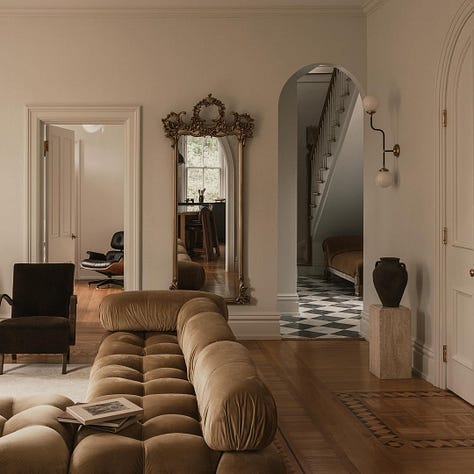
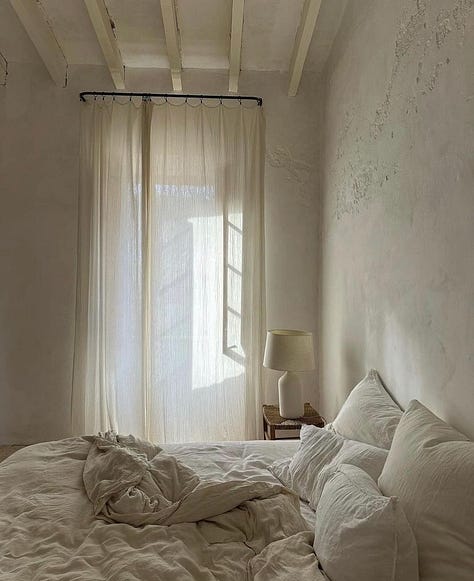
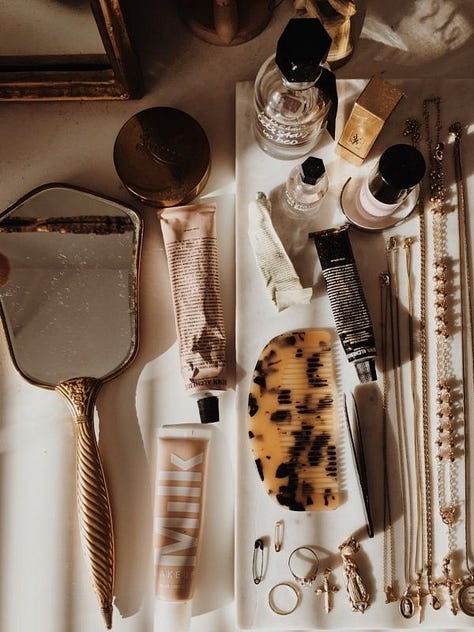
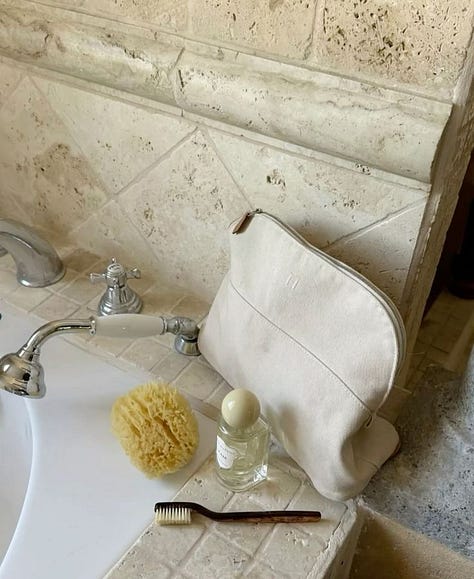
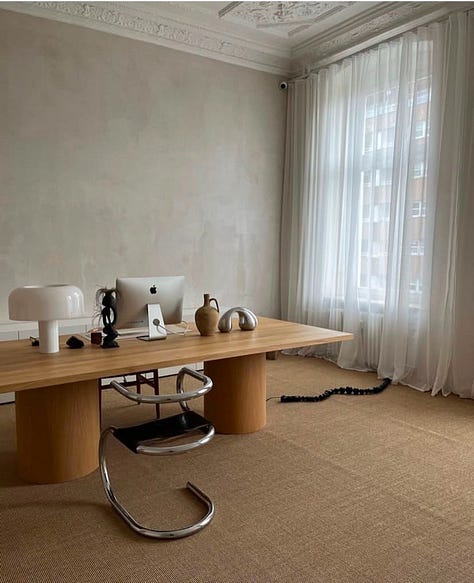
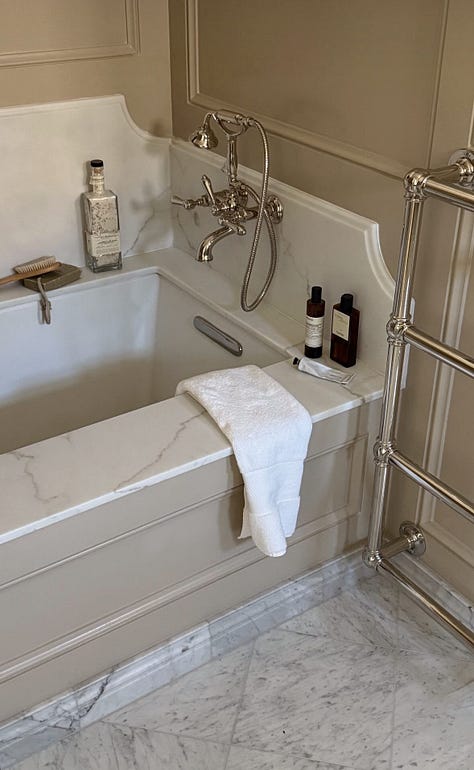
“…we’ve just moved into a new flat…and we’re slowly beginning to imagine how to make it ours. This time, we’re doing it together. Planning, choosing, learning not only each other’s ever-changing styles, but how to meet in the middle, to compromise, and create something shared. There is, in our tastes, a soft tension – not opposition, exactly, but a difference in rhythm, in light, in desire.”
TRAVEL /lectoure, southwest france
Plates Farm is a new plant-based retreat and B&B in Lectoure, southwest France, created by chef siblings Kirk and Keeley Haworth (of Michelin-starred vegan restaurant Plates in London). Inspired by Kirk’s recovery from Lyme disease through diet, the farm offers locally sourced, seasonal vegan dishes in a serene, luxury setting. Guests enjoy amenities like a pool, gym, wellness treatments, and chef-led meals using produce grown on-site. The project blends food, sustainability, and slow living, with plans to expand group bookings and benefit from a new Eurostar route to Bordeaux in 2026.
SHOPPING /8 chic autumn things
1 - Ebene Eau De Parfum // 2 - Lip Gloss // 3 - Balenciaga Rodeo Mini Top Handle Bag // 4 - Leather Jacket // 5 - Porter Cushion Cut Earrings // 6 - Lavon Pant // 7 - // 8 - Flush Balm Cream Blush // (Image via Pinterest)
LONDON /the salusbury pub
You could walk past The Salusbury and not notice it – not really. Just another corner pub in a city built on corner pubs. But if you linger, if you look closely, you see something else: an anchor, quietly holding a neighbourhood in place.
Two decades ago, it was a working man’s pub with Guinness on tap and Irish voices filling the air. Then came the early 2010s, and with them, a shift. Not a reinvention, exactly. More like a recalibration – an Italian menu, cleaner lines, the smell of slow-cooked ragu instead of crisps and ale.
It evolved the way seasons do – gradually, inevitably. A little more polished, yes, but still itself. Still the Salusbury. Named for the street, named for a woman few remember, but whose name still clings to brick and wood and street sign.
Places like this don’t just survive. They absorb. They hold the memory of what came before, and carry it forward, steadily.
SHOPPING /minimalist furniture
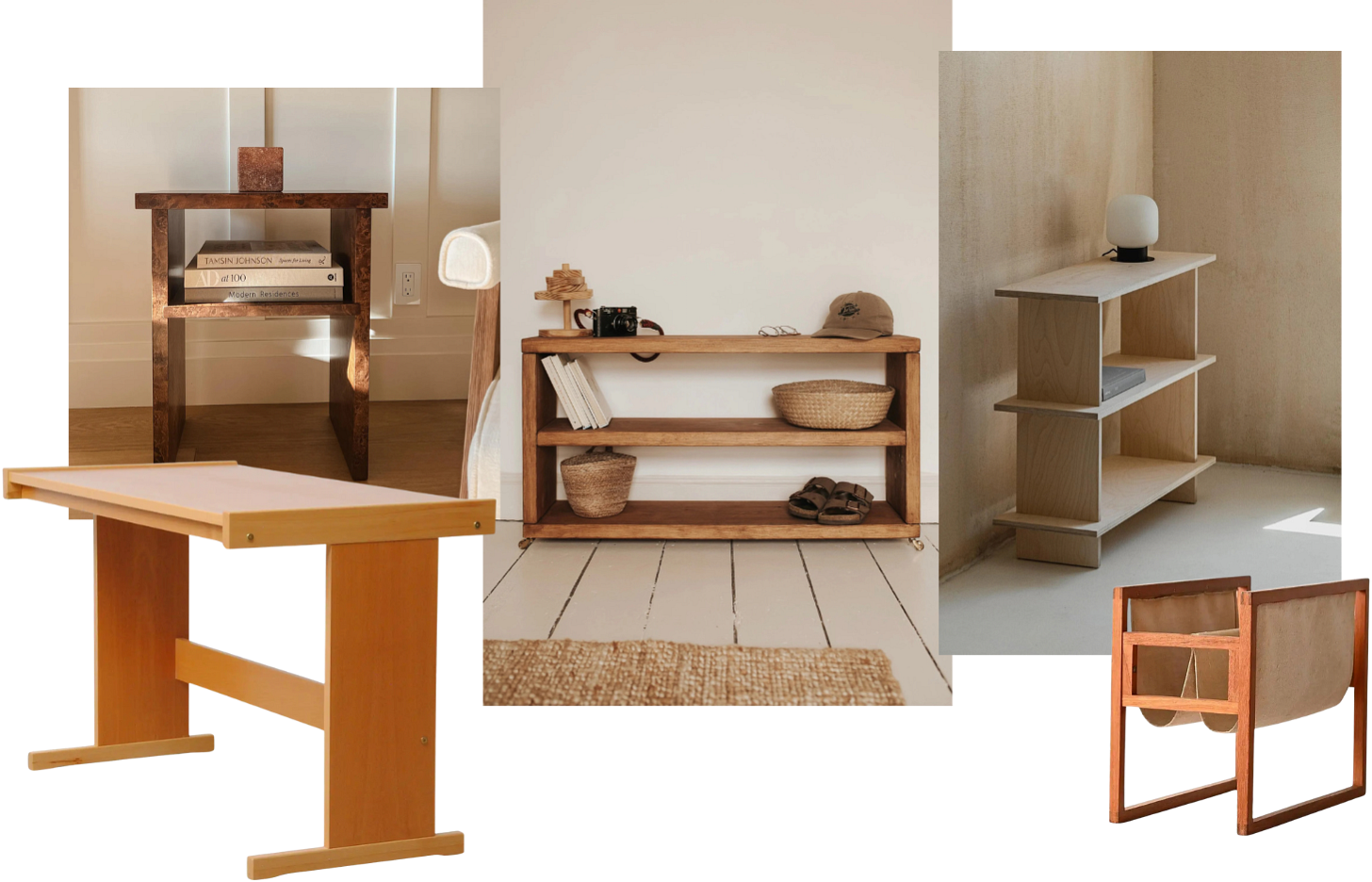
Below, for paid subscribers: This week’s letter explores the delicate balance between holding on and letting go – how our attempts to preserve ideas, memories, and moments often reveal more about who we are than what we save. Inside, we explore cultural narratives that unravel the subtle shifts in politics, education, and art, alongside intimate reflections on shared spaces and the sensory details that anchor us. From a mysterious disappearance driven by AI obsession to the understated elegance of Phoebe Philo’s fashion revolution, this edition offers a rich tapestry of ideas and emotions – inviting you to slow down, think deeply, and perhaps, rethink what you truly need to hold onto.



